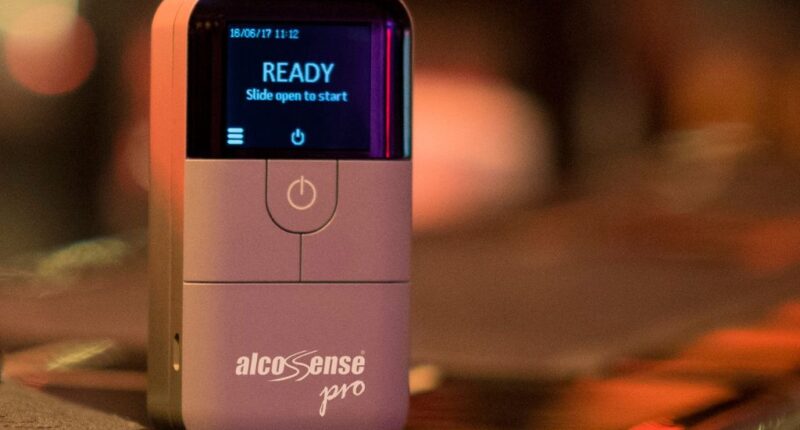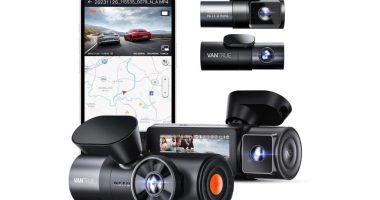Efforts by PSNI Area Commanders to crack down on drink drivers rose by 16% last year as 33,482 preliminary breath tests (PBTs) were conducted right across Northern Ireland.
Of that total, official police figures show that in 2,756 of these cases, a file was prepared for review by the Public Prosecution Service and then listed at local Magistrates’ courts.
Across the 5 age groups, men were found to be the biggest offenders, particularly those who fall under the 30-49 bracket (1,100), followed by 18-29-year-olds (694).
The rate of these offences per 10,000 people was greatest in Derry City and Strabane (25), then Mid Ulster (23), Newry Mourne and Down (21), and Armagh, Banbridge and Craigavon (19).
In the PSNI’s most recent winter drink drive exercise, which ran from December 1, 2021, to January 1, 2022, almost 300 people were arrested at the road side, with one person found to be 4-times over the legal drink-drive limit and the youngest offender being 16.
So what might be the reason for numbers remaining stubbornly high? Other than those who blatantly ignore the warnings and take the risk by getting behind the wheel after drinking with friends, family or work colleagues, the other explanation is the well-known ‘morning after the night before’ scenario.
Essentially, you feel OK when you get up, have something to eat and get showered, but the alcohol levels present in your body are still high and this could be enough to nudge you above the prescribed drink-drive limit.
In fact, almost a fifth (17.8%) of UK drink drive convictions are morning after, and a third of all roadside breath tests after an accident are conducted by police from 7am to 1pm.
The current threshold is 80mg of alcohol per 100ml of blood or 35 micrograms of alcohol in 100 millilitres of breath, although campaign groups remain adamant these need to be lowered to act as an even greater deterrent.
“At the legal limit in Northern Ireland, you are thirteen times more likely to be involved in a fatal road accident than when sober – despite not breaking the law,” says Hunter Abbott – the Managing Director of Alcosense.
What to do then to avoid breaking the law, ending up before a judge, being handed an immediate driving ban – or worse – and, in the process, facing the risk of losing your job? The most obvious answer is not to drink and drive. Another option is pure guess work but that is not advisable as many factors can affect blood concentrations levels.
If you have consumed alcohol and are unsure, is there a valid argument for investing in a personal breathalyser? For as little as £2.99, you can buy a single-use breathalyser rising to £250 for a cutting-edge, handheld device that deploys a slightly smaller version of exactly the same sensor that is found in several UK, US and European police machines.
We put that question to AlcoSense and they arranged for us to sample their Pro Cell Fuel Breathalyser. Costing £150, the British company claims it was three years in the making and promises “to take accuracy, features and ease of use to a new level”.
Out of the box, it takes less than a minute to set up, with users able to specify what UK nation they live in. Better still, this can be changed if you are visiting European countries.
It features a full colour 1.8-inch screen that gives clear and detailed readings of your alcohol level in traffic light colours (red, amber, green), and if you are close to – or over the limit – the Pro will alert you not to drive.
And if you have a positive result, it will even show you how long it will take until you are completely clear of alcohol. Built-in temperature protection also ensures that you get an accurate result every time as well.
Key to the unit’s ease-of-use – and accuracy – is a clever feature called ‘Blow Coach’. This shows your blow pressure and volume on screen in real-time, and prompts the user to blow harder, softer or for longer. And should you fail, it even gives you a reason why.
Downsides? After 12 months it will need to be re-calibrated professionally by AlcoSense – just like taking your car in for a service, the company says – and users are reminded about this after 11 months of use. AlcoSense promises to have it back to you within five working days once it has been checked “using a police-spec breath alcohol simulator”.
All things considered, £150 for a pocket-sized device that is fully endorsed by road safety charity Brake seems a very small price to pay to keep you road legal, safe – and alive.









